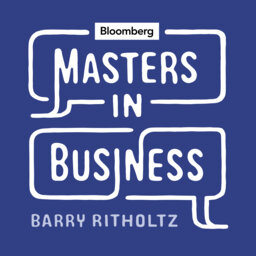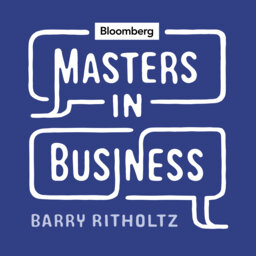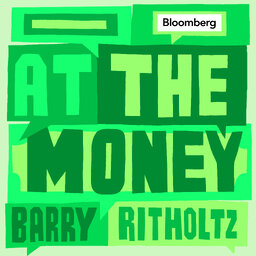Carson Block on the Short-Selling Market (Podcast)
Bloomberg Opinion columnist Barry Ritholtz speaks with Carson Block, who is the chief investment officer of Muddy Waters Capital LLC, an activist investment firm with $261 million in assets under management. Block was featured in the book "The Most Dangerous Trade: How Short Sellers Uncover Fraud, Keep Markets Honest, and Make and Lose Billions" and the documentary "The China Hustle," and is the co-author of "Doing Business in China for Dummies."
 Masters in Business
Masters in Business


